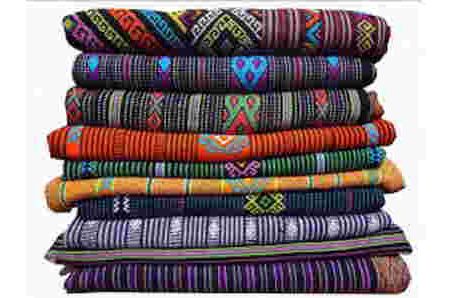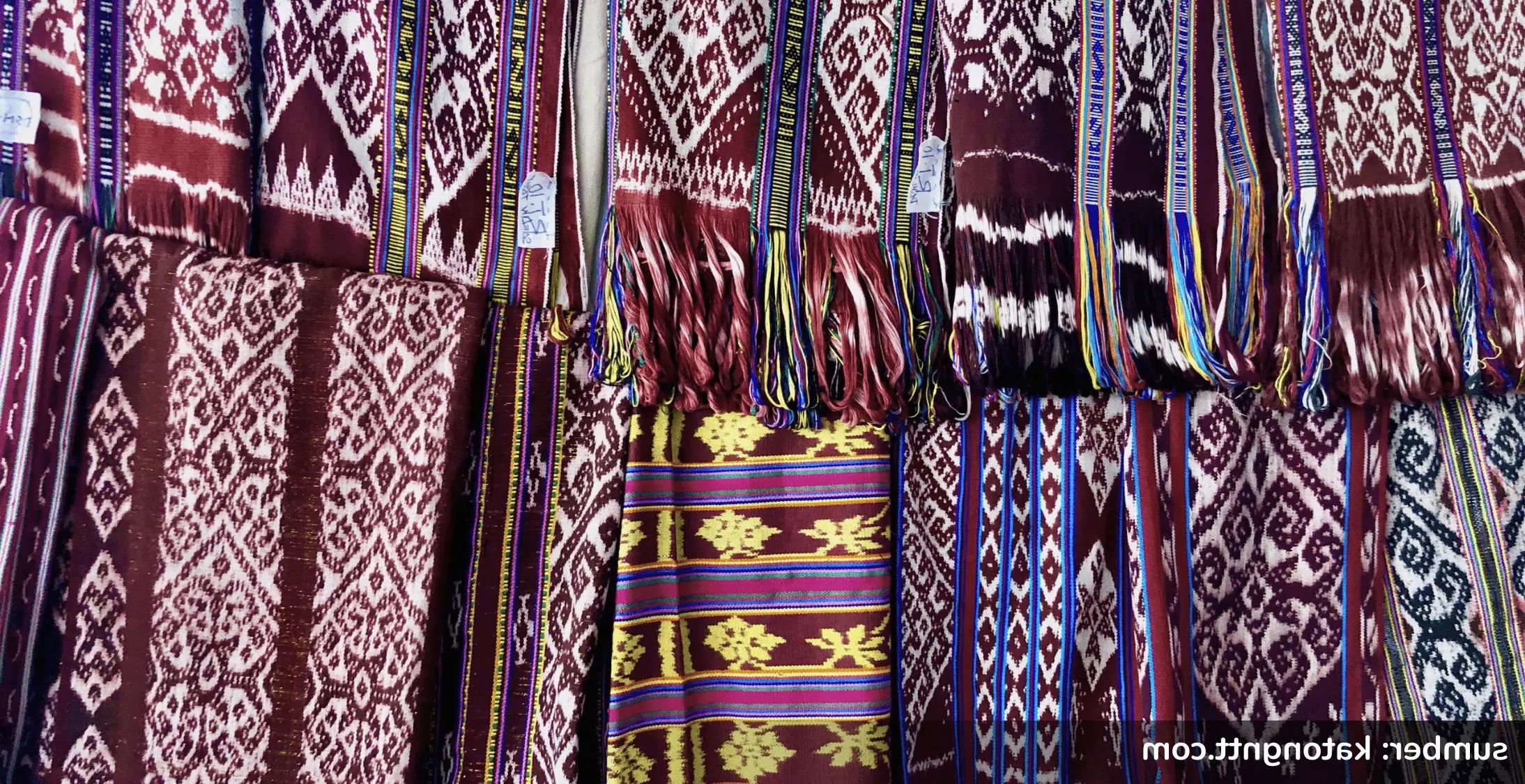Tenun dalam Bahasa Inggris - Menggali Kekayaan Budaya Melalui Keterampilan Menyulam
Daylight saving time
At the start of spring, we put the clocks forward one hour to British Summer Time (BST). At the start of winter, we put the clocks back one hour again. This habit of changing the clocks back and forth is in order to use the daylight more effectively. Find out more about changing the clocks and Daylight Saving Time.
There are a few phrases that we can use to ask the time. Here are some examples:
To answer someone else’s question and give them the time, we need to use the word ‘it is’ or more commonly, ‘it’s’ to introduce the time.
For example:
- It’s four o’clock
- It’s half past two
- It’s about seven
- It’s exactly eight o’clock
- It’s around ten thirty
- It’s 1.05 (‘one oh five’)
If you can’t help them, you might want to say:
- Sorry, I don’t have the time
- I’m sorry, I don’t have my watch on
- Sorry, I’m not wearing a watch
- I’m sorry, I can’t see the clock from here

Cara Membuat Kain Tenun Nusa Tenggara Timur
Proses pembuatan kain tenun pada tiap daerah di Indonesia tentu aja berbeda ya Sobat Indahnesia! Terkhusus pada pembuatan kain tenun khas Nusa Tenggara Timur sendiri, dibagi menjadi 3 cara.
- Tenun Ikat atau yang biasa disebut Tenun Futus biasanya melalui proses pengikatan benang-benang untuk membentuk sebuah pola atau motif sepanjang kain.
- Tenun Buna, merupakan teknik mewarnai benang yang akan digunakan dalam proses menenun untuk menciptakan pola saat nanti kain tenun sudah rampung dibuat.
- Lalu yang ketiga ada Tenun Lotis atau Sotis, dimana cara pembuatannya mirip dengan Buna, yakni merendam benang terlebih dahulu, namun dipadukan dengan proses menyulam.
Umumnya, di NTT sendiri para penenun memadukan cara membuat kain tenun dengan menyulam sejumlah motif secara bersamaan. Sehingga hasil akhir dari kain tenunnya sendiri terlihat seperti 3 dimensi.
Lebih detailnya, untuk pembuatan kain tenun dimulai dengan proses pemintalan kapas untuk diproses menjadi benang, lalu diikat.
Nah, funfact-nya, Nusa Tenggara Timur juga termasuk provinsi dengan penghasil kapas terbesar di Indonesia lho Sobat Indahnesia! Pantas saja mereka lebih memilih melalui proses pembuatan benang dari kapas terlebih dulu ketimbang menggunakan benang siap pakai.
Untuk pewarna sendiri, para penenun di NTT masih menggunakan bahan-bahan tradisional, seperti warna dari akar-akar pepohonan.

Tags: tenun
